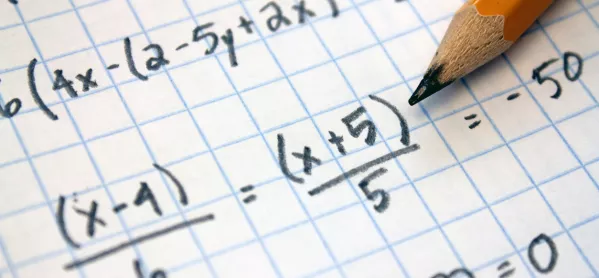
Get the best experience in our app
Enjoy offline reading, category favourites, and instant updates - right from your pocket.
A-level results: English and maths entries decline
Figures likely to fuel criticism of Michael Gove’s ‘joyless’ English GCSE reforms which have been blamed for the A-level decline
Share
A-level results: English and maths entries decline
https://www.tes.com/magazine/archive/level-results-english-and-maths-entries-decline




